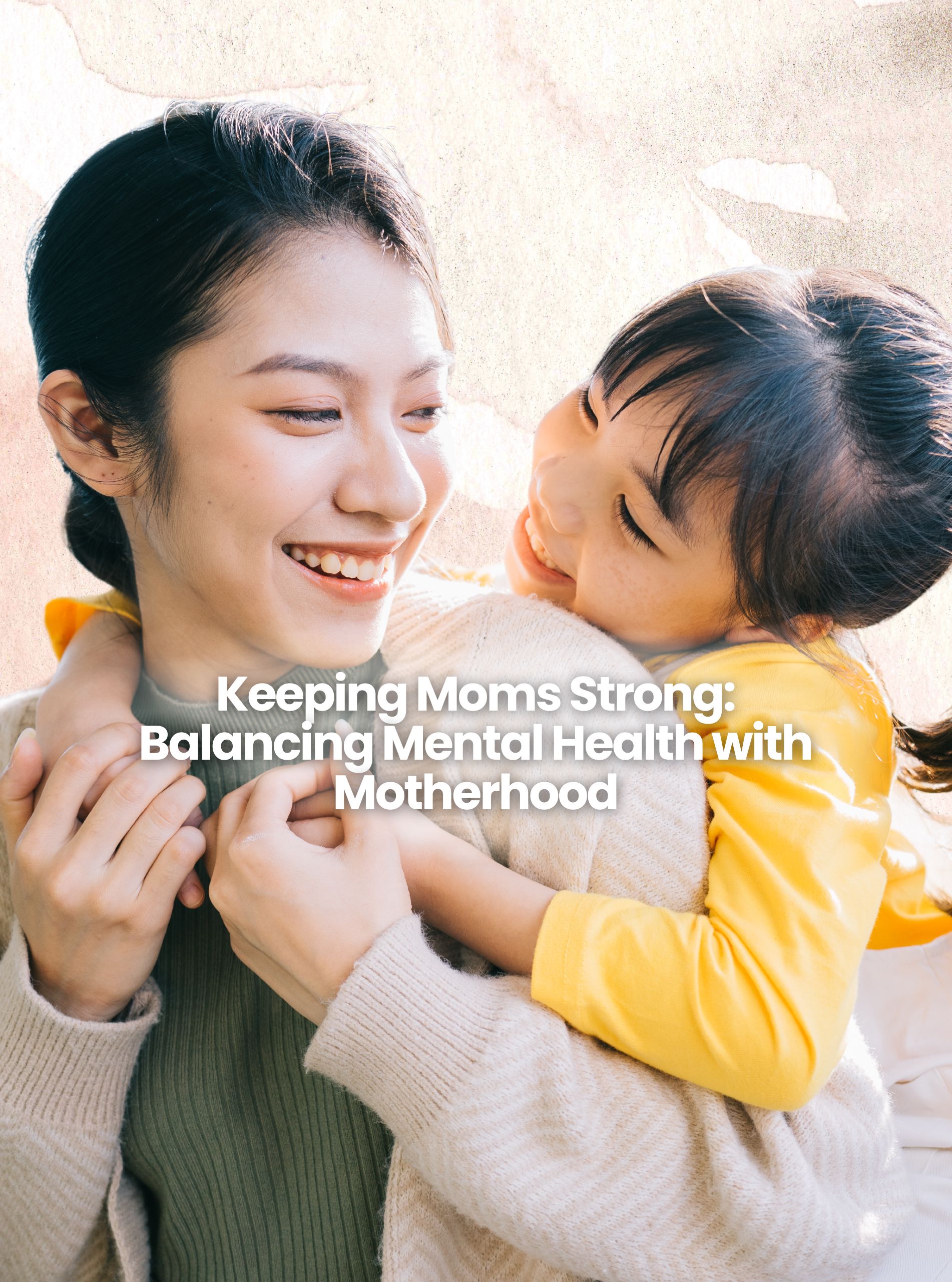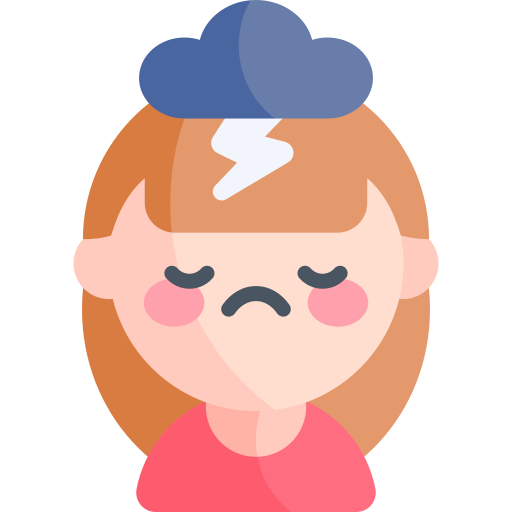

The World Health Organization (WHO) defines maternal mental health as a state of well-being in which a mother realizes her abilities, can cope with the normal stresses of life, can work productively and fruitfully, and can contribute to her community.
The journey of motherhood encompasses a wide range of emotions, experiences, and obstacles that extend beyond mere joy and happiness.
Many women in the postpartum period struggle with various issues such as sleep deprivation, changes in routine, financial pressures, and relationship strain. These are compounded with hormonal changes, recovery from cesarean delivery, and breastfeeding difficulties.
Hence, their mental health often deteriorates. Here are some ways to take care of a new mother’s mental health:

Motherhood and self-care don’t always go hand in hand. However, it’s vital to maintain a sense of identity and well-being. Don’t neglect hobbies you used to enjoy. Whether it’s brewing a good cup of coffee or taking a relaxing bubble bath, these small steps can prevent burnout.

As the saying goes, “it takes a village to raise a child,” and it couldn’t be truer! Don’t hesitate to seek help, whether from family members or professional help from a babysitter or nanny. Motherhood can be overwhelming, so receiving help can make all the difference in ensuring a smooth transition into this new role and responsibility.

You might be surprised at how a short workout can improve your general well-being. Exercise releases endorphins (happy hormones) that can stave off depression. It can be hard to find time to work out, but even just 20 minutes of exercise is better than none. A jog around the block or doing a home workout along with a tutorial video can go a long way toward improving your physical and mental health.

Research indicates that psychosocial stress significantly influences hypertension incidence. Psychosocial stress stems from various urban stressors such as congestion, crime, and pollution, which impact lifestyle choices, living conditions, and socioeconomic status, thereby elevating stress levels. Moreover, prioritizing lifestyle aspirations over basic needs often exacerbates financial strain, further contributing to stress and, consequently, hypertension risk.

Postpartum depression (PPD) is a mental health condition that affects many new mothers, typically within the first few weeks after giving birth, though it can develop anytime during the first year. It’s essential to understand that PPD is not a sign of weakness or a character flaw; it’s a medical condition that requires attention and treatment.
One of the significant challenges with PPD is that it often goes unrecognized or untreated because some of its symptoms are similar to the normal emotional changes that occur after childbirth. However, there are distinct differences between typical “baby blues” and postpartum depression.
While baby blues may involve mild mood swings, tearfulness, and feelings of overwhelm, postpartum depression symptoms are more severe and persistent. They can include:
If you experience any of these symptoms, please seek professional help.
Life Care Diagnostic Medical Centre Sdn. Bhd. 200401034597 (673106-V)
Bangsar South
WhatsApp: 0122343610
1st Floor, Wisma Lifecare,
No. 5, Jalan Kerinchi, Bangsar South,
59200 Kuala Lumpur
Cheras South
WhatsApp: 01127213620
19A-2 & 19B-2, Block E, Kompleks Komersil Akasa,
Jalan Akasa, Akasa Cheras Selatan,
43300 Seri Kembangan, Selangor
Operating Hour:
Monday – Friday: 8.00am – 5.00pm
Saturday: 8.00am – 1.00pm
Sunday & Public Holidays: Closed